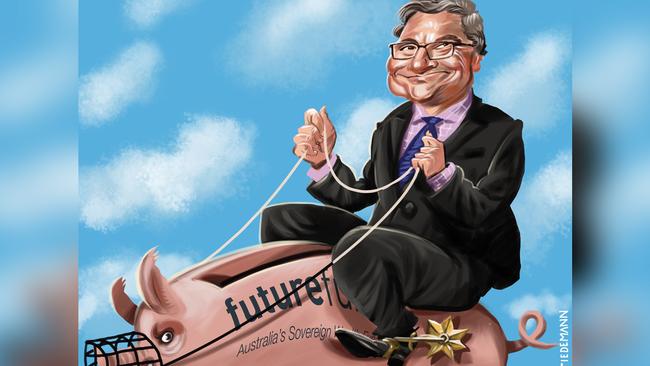
One industry leader spoken to on Monday said “they will make life hell for the big miners, putting a focus on the industry which will be hard to shake for a decade”.
The matter is compounded by in-house spats like that between Rio and former boss Sam Walsh which has seen his untimely entry into the debate in an attempt to defend his role.
The man who took his place as iron ore boss, Aurizon’s Andrew Harding, declined to comment on Monday when asked about the issue, citing company policy not to comment on other companies.
When the significance of the site became clear Rio, having laid some 382 blast holes, decided it was either too dangerous or difficult to remove them.
Industry experts say both claims have some merit but it is not impossible. It’s just that the hunt for eight million tonnes of quality ore would be costly to remove working at the rate of five holes a day using water and suction techniques for many months.
The action taken by Rio has opened the entire industry to regulatory constraints and industrial blackmail.
Former Rio boss Leon Davis argues the WA government should use the snafu to establish a fund based on a percentage of iron ore royalties and allow the traditional owners to decide for themselves how to spend the funds.
He also suggested installing an Indigenous representative on the board to help inform the company on traditional owner issues.
Just what action Rio takes next remains to be seen but the fate of Jacques and Salisbury appears doomed, and right now Rio is as popular in the mining industry as Victorian Premier Daniel Andrews is in the corridors of power in Canberra.
Rio Tinto’s Juukan Gorge tragedy will wreak reputational damage on the entire mining industry taking a decade to clear, according to one industry veteran who declined to be named.
Future Fund cashes up
The Future Fund has cashed up due to the investment uncertainties to a near record 15 per cent of its $162.3bn in funds under management after selling down its private equity and other assets.
At March the fund had 9.6 per cent in cash, 18.2 per cent in private equity and 33.7 per cent in equities, and has since sold down the latter two to boost cash reserves.
New boss Raph Arndt described the fund’s approach as conservative in an environment where “interest rates are approaching zero around the world heading nowhere fast until inflation increases, monetary policy has shot its bullets and fiscal policy is being employed to revive international economies”.
The 12-year fund veteran was speaking six weeks after assuming the top job after David Neal moved to take the top job at IFM.
The sovereign wealth fund is still to name his replacement as chief investment officer with Sue Brake presently acting in the role.
“My job is to make sure the investment team has the right tools to make the right choices,” he said.
Arndt will still sit on the investment committee so will have some say in its investments.
The fund also manages other funds for the government including the Medical Reserve Find, Aboriginal and Torres Strait Islander Land and Sea Fund, Disability Care Fund, Future Drought Fund and Emergency Response Fund.
This brings total funds under management to over $200bn.
Politicians can’t touch the Future Fund until 2027 but the smaller funds make annual returns to the government.
Arndt noted it “is the government’s single biggest financial asset which brought with it a strong responsibility”.
“Society is more demanding now about corporate behaviour and governance,” he said.
This meant “companies need to be focused more on doing the right thing and behaving appropriately”.
Asked about Rio’s actions on blowing up a 46,000-year-old Indigenous site in the Juukan Gorge Arndt said “that is exactly the sort of issue we are focused on”.
He said the fund did not believe in exclusions so had not sold its shares in Rio but would tackle it at the appropriate time before its annual meeting.
“Reputational damage is a real issue for mining companies along with those in financial services and aged care,” he added.
Arndt said because the Future Fund did not have to keep funds aside for withdrawals this meant it could take long-term views on asset values.
He said it was now reviewing its portfolio to see what valuations should be set and assets like airports and property would obviously be looked at closely.
He said it was hard to get a return in an investment horizon which could see low interest rates for a decade and meant the fund had to ensure its money was invested in the right areas.
“Investments in skills-based fields like private equity and venture capital ensured the fund was getting access to the best ideas,” he said.
He cited its recent investment in a data centre near Canberra’s airport as the sort of investment he wanted to make for the long term.
Other areas included in connectivity like mobile phone infrastructure and last mile infrastructure.
Arndt said he planned only “incremental changes” to its operation because the fund was clearly not broken. Its managers and staff were all working from home.
ACCC backs down
For all its tough talk on Google the ACCC on Monday backed down on plans to review Google’s $US2.1bn acquisition of Fitbit this week, to await the European Commission’s review of the same merger due in early December.
The ACCC is meant to decide issues which affect Australia not just coat-tail behind offshore regulators as is happening with this Google deal.
The three amigos
Sanjeev Gupta and Mark Vassella’s best friend Anti-Dumping Commissioner Dale Seymour will be stepping down shortly with ads for his replacement in the weekend press. Seymour has served in the job since 2013 and was reappointed in 2018 for a three-year term running to February.
The steel boffins from GFG Alliance and BlueScope are the most frequent complainants accounting for 65 per cent of all complaints. The country complained about most is China which is cited more than three times its nearest victim Thailand.
Seymour is allowed to reapply for the role to keep the club going.


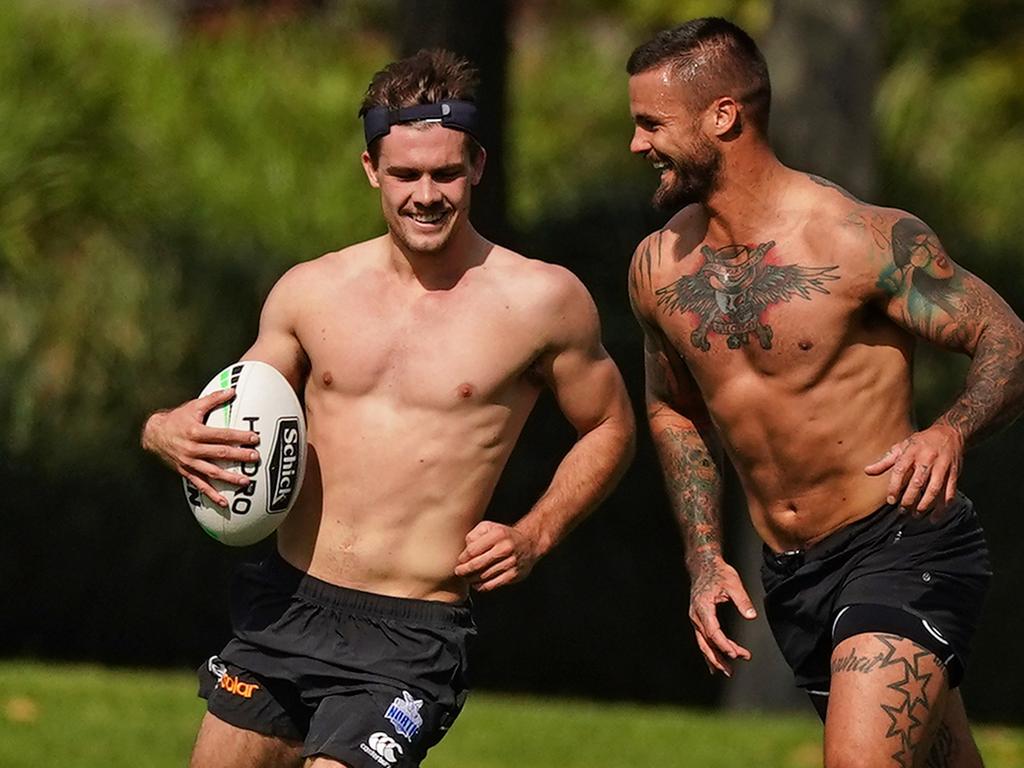
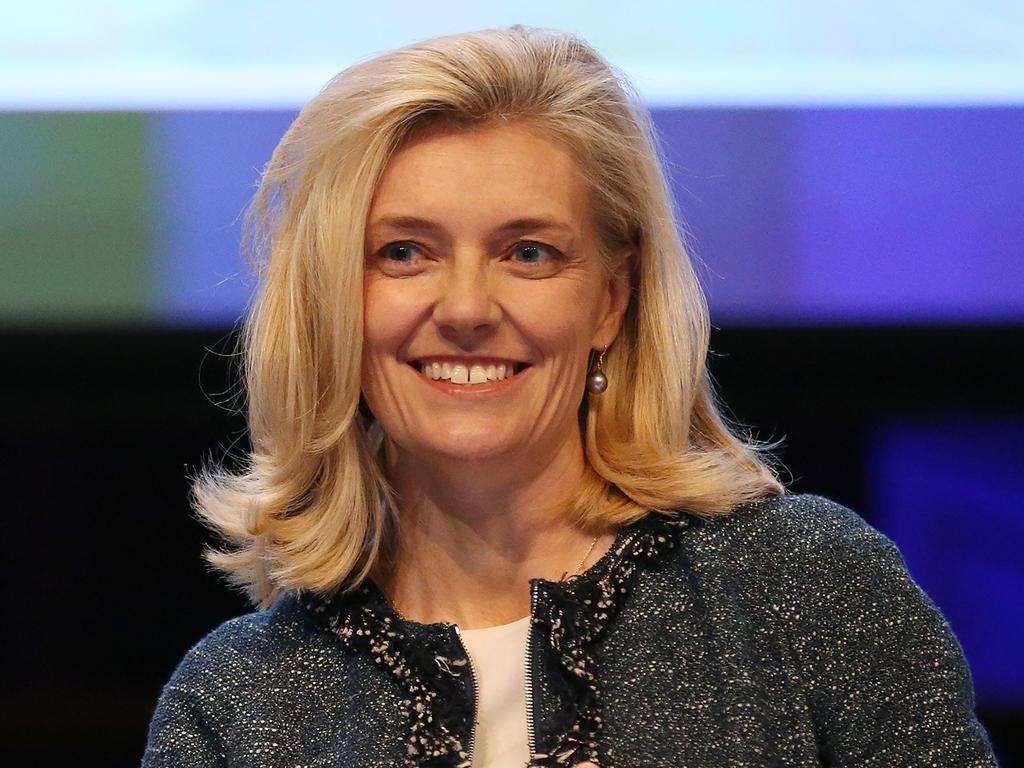
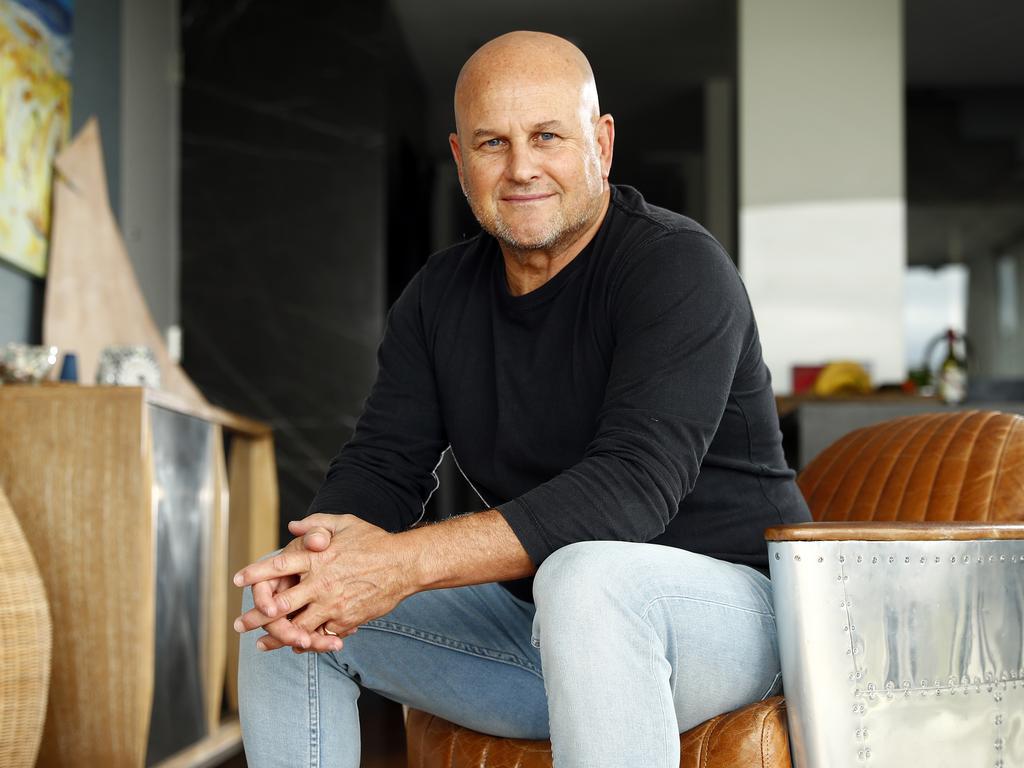
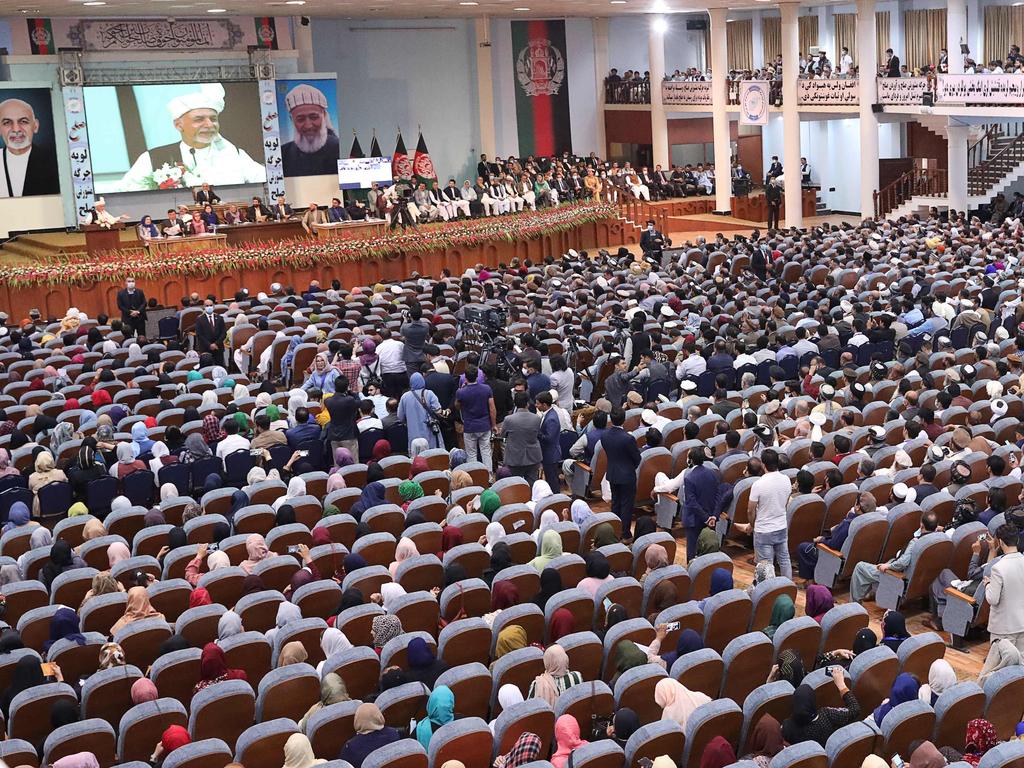

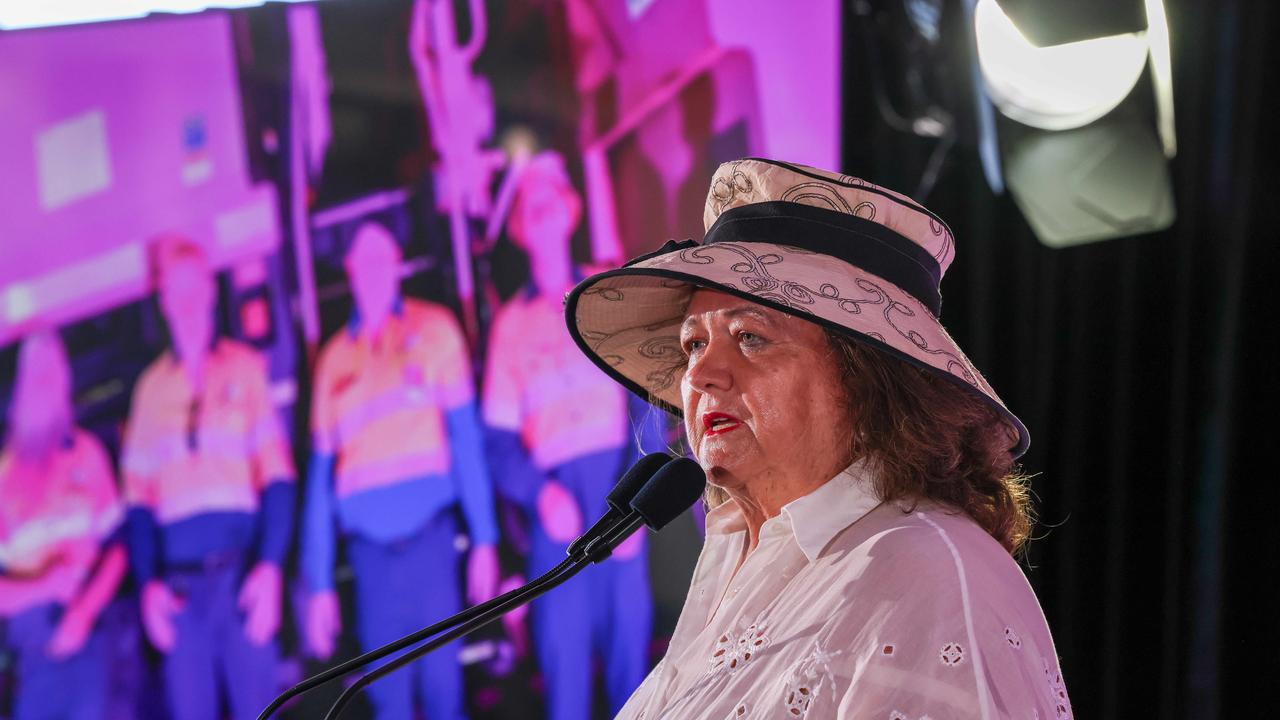
Rio Tinto’s attempt to place a 17-year historical perspective on the decision to blow up the 46,000-year-old archaeological site Juukan Gorge in May doesn’t get around the fact that it was blown up under the watchful eyes of Rio boss JS Jacques and his iron ore chief Chris Salisbury.